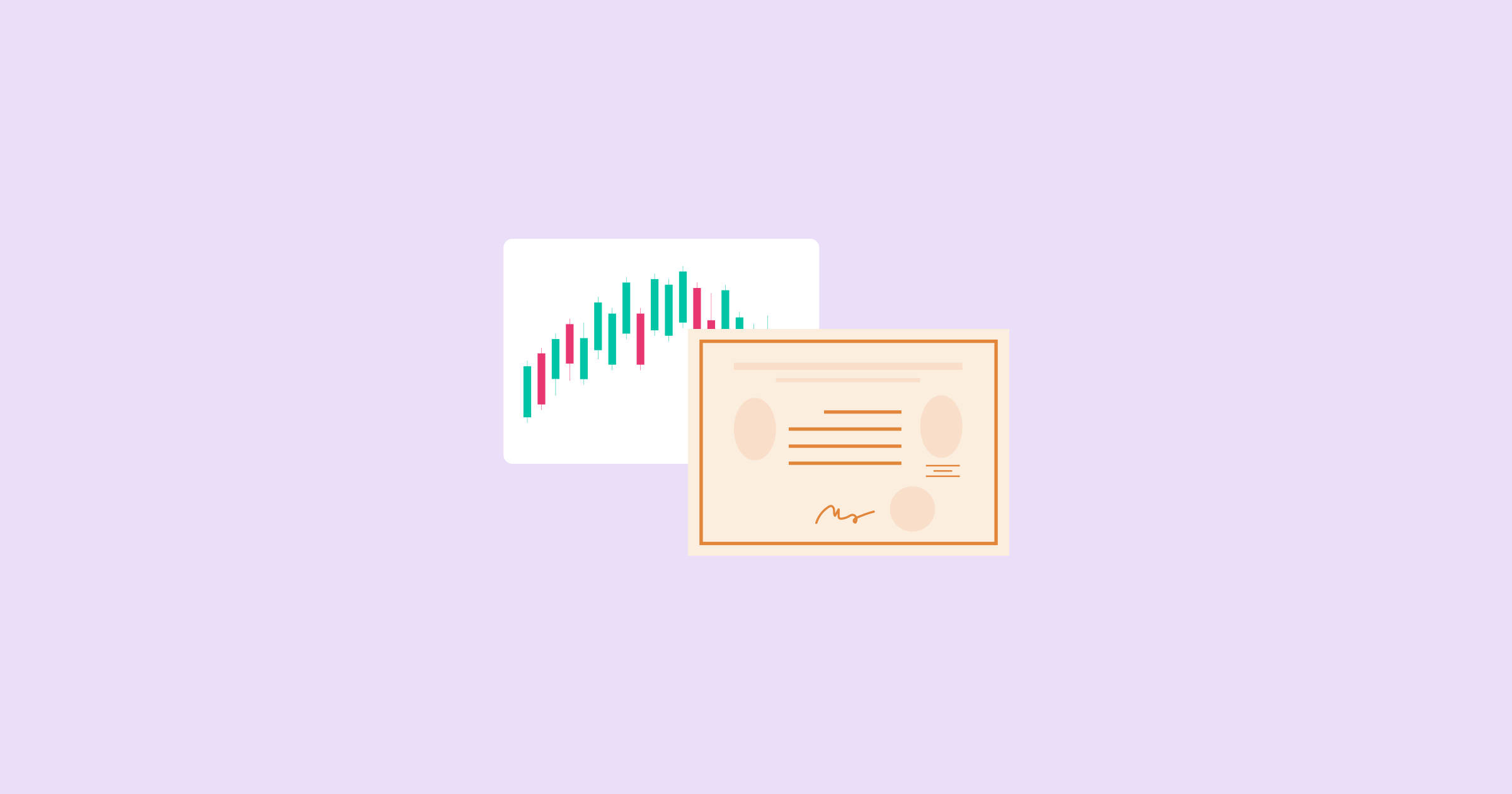If you’ve been following the news, you’ve likely heard about tariffs and wondered whether they’re a big deal for investors and non-investors alike.
Should you be worried about losing money from investments because of them? Before making a move, find out how tariffs work and how they might affect you.
Understanding how tariffs work
Tariffs are a type of tax that a government places on imported goods. Businesses that import the goods shoulder this cost, which they may then pass on to consumers.
Let’s say you want to buy a smartphone that’s made in another country. If the government raises the tariff on foreign-made phones, prices may go up. This is because local sellers must pay
the higher tariff to bring in the product.
Governments may impose tariffs on all imports from specific countries or only on certain items. They may do so because of 1 or more of these reasons:
- To increase revenue
- To protect local businesses, industries, and jobs from foreign competition
- To gain leverage for trade negotiations or support national interests
How tariffs may affect investments
Tariffs can influence the way money circulates throughout the local and global economies. Here are a few of their possible effects:
1. Changes in consumer prices
When new or higher tariffs are placed on goods, their retail prices may increase. This can affect the way people spend their money.
Some might hold off on buying foreign products or products that are made with imported components. Others may switch to cheaper alternatives like locally made goods or goods from countries that aren’t affected.
2. Impact on company profits
Rising production costs and lower consumer demand might hurt a
company’s earnings and, in turn, its stock price.
For example, a car manufacturer that imports parts may have to pay more for those items if tariffs are raised. If the company chooses to not raise vehicle prices, the amount that it earns per car will be less.
That company might adjust its strategy to bypass high tariffs, like sourcing items elsewhere. These adjustments can pose their own challenges and costs.
On the flipside, some businesses and industries may benefit from tariffs. Companies that aren’t as reliant on international trade or impacted by duties may remain unaffected or even see increased demand.
3. Uncertainty in markets
Before
investing in a company, people try to predict how it will perform by looking at factors like earnings and growth prospects.
Tariff changes can create uncertainty, making it harder to anticipate what will happen next and how companies might do in the future.
Consumer demand and business activity are also part of a larger picture of a country’s economic health. When tariffs affect consumers and businesses, they also impact economic growth, which can then influence investment performance.
If there are frequent or significant changes in tariffs or trade policies, investment markets may see heightened volatility, causing prices to fluctuate. Investors may prioritize liquidity and favor
“safer” assets during such times.
Should you be worried about tariffs?
In the short term, tariffs can cause worry and market volatility, even before they actually take effect. However, short-term performance doesn’t always reflect what will happen in the long term.
While it’s good to stay informed, you should be careful not to react to changes right away. One way to protect your portfolio is to diversify across different asset types, industries, and even countries.
Proper
diversification can help lessen the impact of a negative event on your overall returns.




